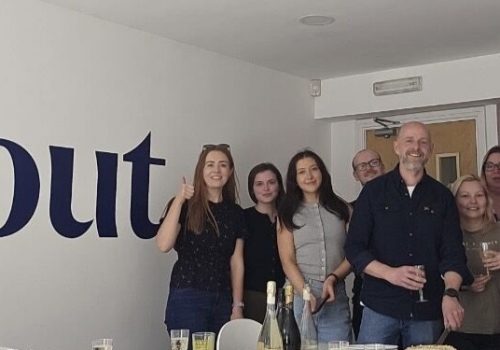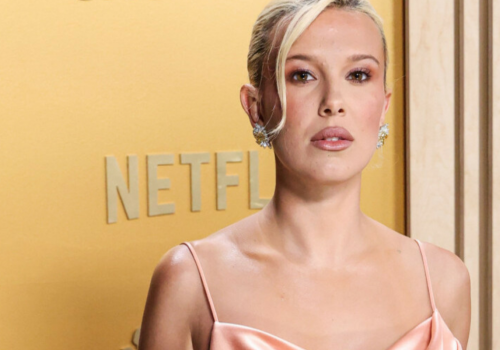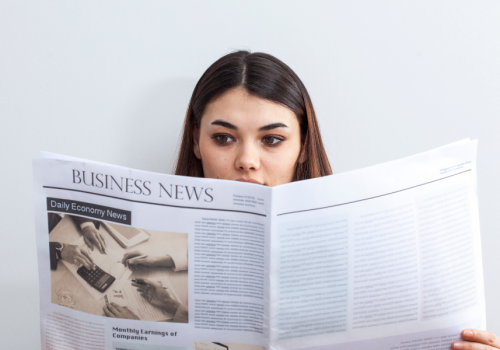It’s been an eventful few weeks for the BBC. You must have heard about it. Breakfast presenter Naga Munchetty was ruled to have gone against the BBC’s guidelines when she criticised President Trump’s comments about four politicians of colour. Amid the controversy and debates that it has caused also lies a lesson for the media. How much should media outlets stick to their own guidelines and values, and when should they bow to public pressure?
Many disapproved of the BBC’s ruling, claiming that racism isn’t a matter of opinion, and that Munchetty was simply stating fact when she condemned the President’s claim. It even got its own hashtag: #IStandWithNaga, and many celebrities including Sir Lenny Henry urged the BBC to revisit the ruling.
It wasn’t long before the BBC did overturn its decision and clear Munchetty of any misconduct. And while it was ultimately the BBC’s choice to vindicate her, there’s a good chance that public pressure played a part.
It’s not the first time that big media institutions like the BBC have adapted following negative public opinion. For decades The Sun defended its famous Page 3 feature, with pressure groups claiming that it’s outdated, misogynistic and inappropriate for a newspaper. All of that campaigning paid off, and the newspaper ended the feature in 2015, showing no signs of returning. This year the Daily Star also ended its Page 3 feature, having faced similar pressure.
Never underestimate the power of public opinion! Media outlets big and small can deviate from their agendas, values and guidelines, and often it’s the public that shape what they become. It takes some effective lobbying to make it happen.
Alex Brown enjoys being one of the Skout blog’s most regular contributors.












